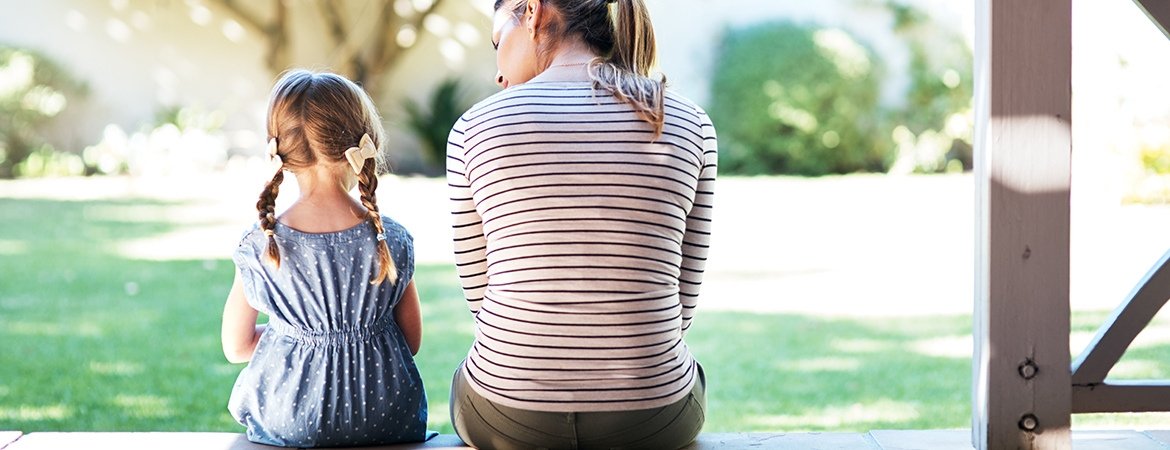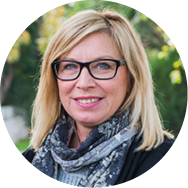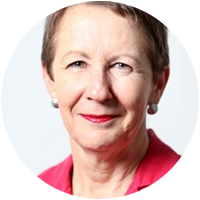It starts with education.
Wellbeing
26 September 2019 |  5 min read
5 min read
If there is one thing that DVConnect team member Elyce could impress upon the public, it would be an awareness of just how widespread the issue of domestic violence is.

Anyone, no matter their background, education or social class, can be a perpetrator or victim of domestic and family violence.
For Elyce, a typical day means monitoring inbound calls constantly. These range from counselling and support calls where people are looking purely for advice and information, through to the crisis calls where people are feeling unsafe and need support to get them access to a safe place.
"Anyone can be a perpetrator," she says.
"There really is no stereotype. So if as a bystander you hear yelling, don’t assume that it isn’t serious. If someone appears frightened, call the police. We get a lot of phone calls from community members who have witnessed violence or overhead yelling, asking for our guidance on what they should have done. If you think something is wrong and you’re worried, simply call the police – anonymously if you need to."
Visiting the offices of DVConnect and talking to the team, their determination to support, educate and find safety for victims of domestic violence is clear. They come to work each day to make a difference and provide a lifeline to the hundreds of people who call them each week.
 “Bring financial abuse into the open.”
“Bring financial abuse into the open.”
Family violence campaigner and 2015 Australian of the Year Rosie Batty explains to QSuper the ways in which finances can be used as a form of domestic abuse.
Elyce is grateful to the many people in the community who provide donations. And while money is welcome, there are many other ways to help.
"Nappies are a good example of a very welcome donation," she says. "Also blankets, clothing and other practical items to make things a little more comfortable for women and children who are leaving their homes to live temporarily in motels or refuges. These types of items are really important to help with the transition for these families."
What needs to change…
Elyce is adamant that reducing the levels of domestic and family violence needs to start with education from a young age.
"It’s so important to educate both boys and girls about what is a healthy relationship, and to really break down what that means," she says.
"It’s not a quick fix, but changing misconceptions such as the perception that the male should be superior in a relationship; removing a focus on power and control. Changing these misconceptions can help to reduce domestic violence over time.
"I think particularly targeting children who have been a part of family violence is important, because we know it can be inter-generational. We’ve had many women who have called us when their 12-year-old, for example, is modelling the behaviour of the perpetrator who may be their father.”
 “Tackling violence against women top priority”
“Tackling violence against women top priority”
Queensland’s State Minister for the Prevention of Domestic and Family Violence, Di Farmer, tells QSuper tackling the horrific issue of domestic violence remains the top priority to advance gender equality.
"I think we’ve done a great job raising general public awareness and helping people feel more confident to seek help, but in terms of changing that attitude, it starts with education."
QSuper and DV Connect
QSuper is proud to have a partnership with domestic violence hotline, DVConnect. The not-for- profit is Queensland’s leading crisis response service to domestic violence and the partnership provides funding to employ an additional full-time telephone support officer.
www.dvconnect.org
Call 1800 811 811